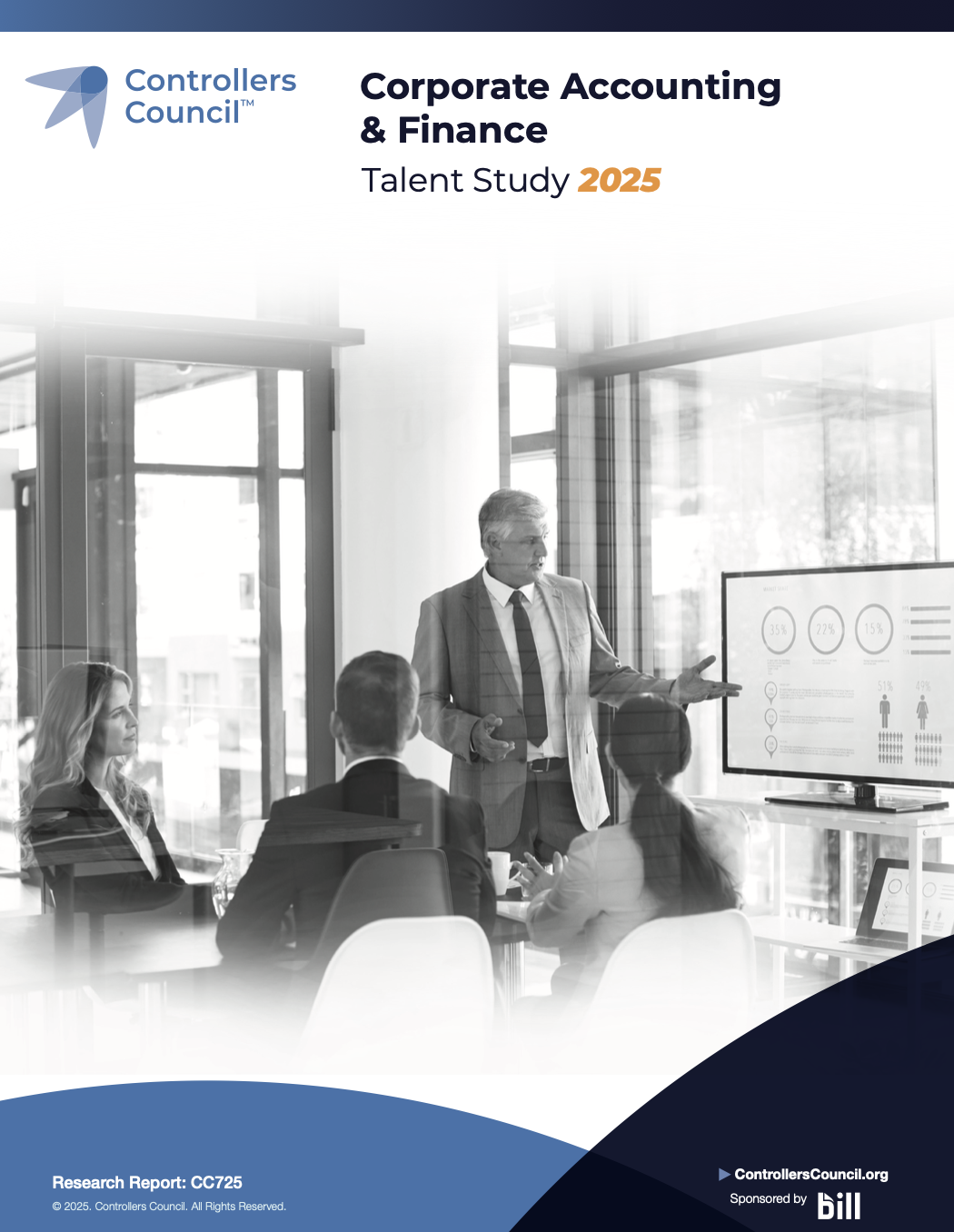The world of corporate America has changed. It’s no longer sufficient for companies to report their financial data. Public companies are now expected to submit a report on their adherence to environmental, social, and governance (ESG) criteria.
Controllers, CFOs, and other financial leaders must be aware of how their organization will need to adapt to these changing requirements. The following overview will bring you up to speed on the future of ESG, sustainability, and reporting requirements.
Is ESG Reporting Mandatory?
At present, the U.S. Securities and Exchange Commission (SEC) has no formal system mandating everything that falls under ESG guidelines. However, the SEC does have some mandatory ESG requirements, such as disclosing how a company board considers diversity in identifying director appointees.
Likewise, the New York Stock Exchange requires that publicly traded companies publish their code of corporate behavior and ethics, which also fall within the purview of ESG criteria.
The point is that it’s not quite possible to speak of ESG criteria as neatly fitting into the “mandatory/voluntary” binary. Instead, companies should remember that some of their corporate standards may require mandatory reporting, but not others.
But perhaps more importantly, investors and consumers alike may be seeking out companies whose corporate values align with their own. This means that corporations may find it in their best interests to pursue full transparency.
What Is Integrated Reporting?
Integrated reporting represents the next phase in corporate reporting standards. As the name may suggest, integrated reporting assembles data about a company’s strategy and governance, showing how these elements align with the commercial, environmental, and social contexts in which the organization operates.
This means that integrated reporting touches on many of the same themes as ESG reporting, though integrated reporting seeks to integrate that data with the company’s broader mission and operational context.
As a result, companies can use integrated reporting methods to articulate their values to their stakeholders, illustrating how they uphold these values and seek to align their core business activities with their underlying principles.
What the Future Holds for ESG and Integrated Reporting
In short, corporations are being held to higher standards of scrutiny when it comes to ethical behavior and environmental sustainability. What does that mean moving forward? Here are some predictions of how ESG and integrated reporting standards might evolve in the coming years.
Evolving Regulatory Standards
The future will likely see continued evolution in regulatory standards. The SEC has already introduced proposals for how companies might disclose climate-related data, and it’s likely that regulatory reporting standards will become increasingly formalized as ESG reporting becomes more commonplace.
Framework Consolidation
Many reporting standards are industry-specific, meaning different companies adhere to different regulatory frameworks to report sustainability practices and ethical conduct.
But moving forward, it’s likely that these frameworks will be consolidated to have fewer disparate reporting frameworks, causing companies to align with standardized reporting methods and adhere to common standards.
Audit Protections
The SEC has already been cracking down on the practice of “greenwashing,” in which companies boast of their sustainable initiatives without actually following through. But that also means that American businesses will need to adopt practices to protect themselves in the event of an audit.
More specifically, companies will need to document what initiatives they’ve taken to satisfy sustainability criteria. And, as ESG criteria become more commonplace, the same may be true for diversity and inclusion initiatives.
Artificial Intelligence and Machine Learning
Software driven by artificial intelligence (AI) can be used to review contracts, examine language, and compare it to historic standards to analyze and mitigate risk. If language deviates from historic preferences — or regulatory standards — the software can assess a risk level, helping companies evaluate their options for moving forward.
Increased Demand for Transparency
As it is, investors and customers are already seeking out companies who make sustainability and inclusion a priority. In the future, stakeholders may expect even greater transparency from American businesses, which can be particularly helpful when seeking investment opportunities or business partnerships.
This transparency may also impact vendor relationships as companies seek to build a distribution network with those whose values and perspectives align with their own.
ESG and Continuing Education
If you have a financial degree or a professional license in a financial profession, you’re already familiar with your continuing education requirements. But the future will likely see an increase in available courses and webinars to help you keep up with changing industry and ESG criteria.
If you serve as a controller, CFO, or other financial leader, you may consider how furthering your education in areas such as sustainability or inclusion can make you a greater asset for your current company — or give you leverage for future job opportunities.
Is Your Business Ready?
The critical question, of course, is whether your business is ready for what’s coming. Controllers, CFOs, and other financial leaders can prepare their companies by providing data-driven recommendations and leveraging the latest tools to ensure compliance.
Looking to learn more about corporate reporting? Controllers Council is a national community and platform of Controllers, Accounting and Finance professionals focused on accounting best practices, information and resources, recognition and networking. Membership has many features and benefits to propel your career and expertise, and to be an active participant in our exciting community. Discuss topics like today’s job market and more in our forum. Become a member today.




